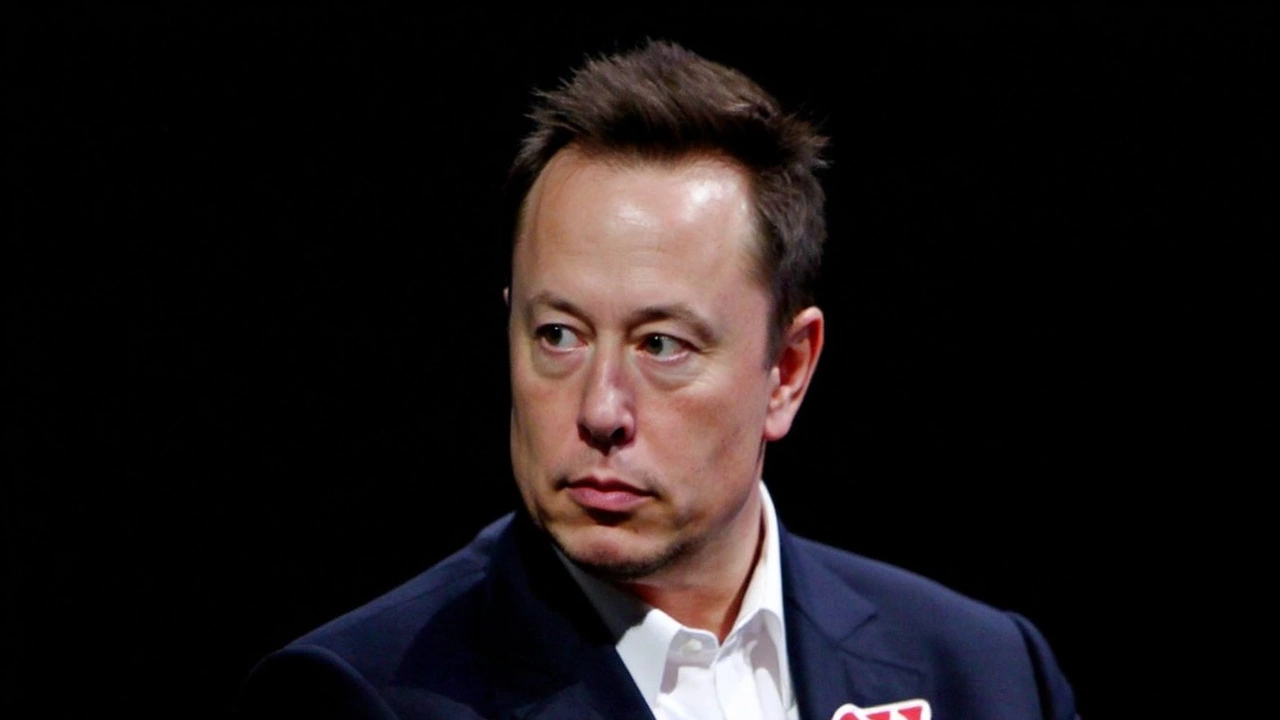Electric Vehicle Competition – Why It’s a Game Changer
Ever wondered why you hear so much buzz about electric car races, school challenges, and maker contests? It’s not just hype. These EV competitions force engineers, students, and hobbyists to push the limits of battery tech, design, and speed. The result? Faster, longer‑range, and cheaper electric cars that eventually end up on our streets.
Why EV Competitions Matter
First, competitions create a pressure cooker for innovation. Teams have weeks or months to turn a concept into a working vehicle, so they cut out the red tape that slows down big companies. That fast‑track approach often births ideas like rapid‑charge systems, lightweight chassis, and smarter energy‑recovery software.
Second, they bring together a mix of talent. Engineers sit next to design students, programmers work with mechanics, and industry sponsors watch fresh ideas unfold. This cross‑pollination sparks solutions that a single company might never consider on its own.
Third, the public gets to see electric tech in action. When a sleek EV zips around a track, it demystifies the technology and convinces everyday drivers that electric cars can be fun, fast, and reliable. That perception shift is crucial for wider adoption.
What to Expect in the Next Big EV Race
Upcoming events are already raising the bar. Expect longer endurance runs that test battery durability, not just short sprints for top speed. Organizers are also adding real‑world obstacles—urban traffic simulations, hill climbs, and even off‑road sections—to mimic daily driving conditions.
Teams are focusing on sustainability too. Many contests now require a “green score” that evaluates how recyclable the vehicle’s components are, how efficiently it uses energy, and whether the production process minimizes waste. Winners often walk away with both a trophy and a grant for further development.
Technology trends are clear: solid‑state batteries, modular powertrains, and AI‑driven energy management are getting a lot of attention. If a team can demonstrate a 200‑kilometer range on a sub‑500‑kilogram vehicle, they instantly become a hot prospect for investors.
Finally, watch out for community involvement. Some races let local schools and hobby clubs build mini‑EVs that compete in a separate class. These grassroots projects keep the talent pipeline flowing and give young people a hands‑on taste of engineering.
So, whether you’re an auto enthusiast, a student looking for a project, or a business leader scouting the next breakthrough, EV competitions are worth following. They accelerate the technology, showcase real‑world performance, and create a buzz that pushes the whole industry forward.
In short, the excitement you see on the track translates into better electric cars for everyone. Keep an eye on the race calendars, support the teams you like, and you’ll be part of the shift toward cleaner, faster mobility.
Tesla Faces Stock Slide, Political Turmoil and Global Slowdown: Will Elon Musk Lose the 'World’s Richest' Title?
Tesla shares dropped 14% this week, with European sales falling and Chinese rivals getting stronger. Elon Musk’s net worth has plunged by $120 billion, raising questions about his spot as the world’s richest person. Political rifts and shifting market trends add to the pressure.





